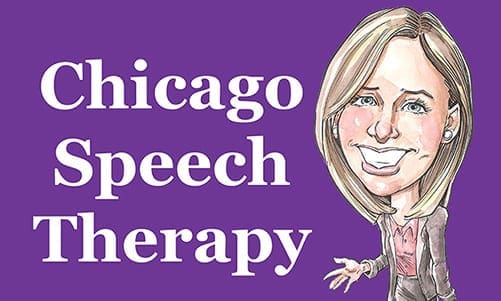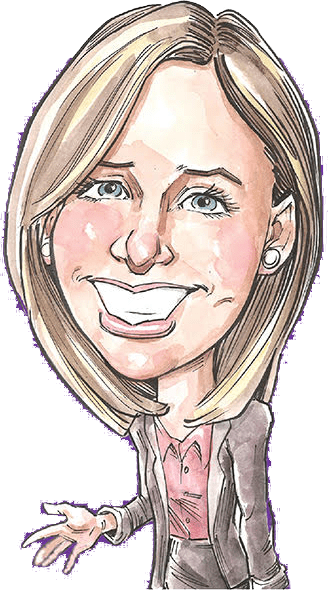Childhood apraxia of speech (CAS) is a neurological disorder characterized by the inability to carry out skilled or planned movements and gestures, specifically those movements having to do with speech production. Though doctors are uncertain what causes this disorder, they do know that while your child may have the intention to communicate, the desired message gets disrupted on its way to articulation. This can be frustrating for both children and parents alike.
¿Es tratable?
While there are no widely confirmed statistics for apraxia treatment, speech-language pathologists have found that most children with CAS, with individualized help, eventually learn to speak clearly. Though some children may continue to have some minor differences in their speech patterns or intonation, most children can be taught to speak in a way that others understand.
Cómo encontrar un logopeda
The most important thing to do as a parent is find a licensed speech-language pathologist (SLP) to determine whether or not your child has apraxia and, if so, to provide proper treatment. Because apraxia is a communications disorder, not seeking treatment or waiting to seek treatment can lead to other learning disabilities or difficulties later on.
Each child with CAS is different and therefore will demonstrate a unique profile of language and learning abilities as well as needs. A certified SLP will be able to conduct evaluations to conclude whether or not your child has apraxia.
If it is determined that your child does have apraxia, the speech-language pathologist will develop an appropriate treatment method.
If you are looking for a speech therapy provider in the Chicago, Karen George is a fully licensed speech-language pathologist and she or a member of her highly qualified team would be happy to provide more information or conduct an assessment. You can read more about her practice or contact Karen by clicking here.
Lo que los padres pueden hacer en casa
Aunque conseguir ayuda profesional es fundamental para el tratamiento de su hijo, hay actividades constructivas de logopedia que puede realizar en casa con su familia y que ayudarán aún más a su hijo a desarrollar habilidades comunicativas saludables. Los juegos y ejercicios verbales fáciles y divertidos son una buena forma de participar. Esto puede incluir:
- Las canciones, especialmente las que tienen versos repetitivos como Old MacDonald
- Rutinas diarias como los saludos y el saludo a la bandera
- Leer libros con regularidad, como "Te quiero para siempre" o "Buenas noches, luna".
- Actividades verbales repetitivas, como nombrar las prendas de vestir al ponérselas
Es importante recordar que estos ejercicios deben ser de baja presión; si se le presiona excesivamente para que "lo diga", sólo se producirá frustración y, en última instancia, resultará contraproducente. No se preocupe si su hijo no canta o habla con él; la clave está en proporcionarle un entorno de apoyo para que lo haga individualmente.
Hay que tener en cuenta que estos tipos de ejercicios no sustituyen a la logopedia certificada y que debe consultar el uso de estos ejercicios con su logopeda antes de emplearlos con su hijo.


